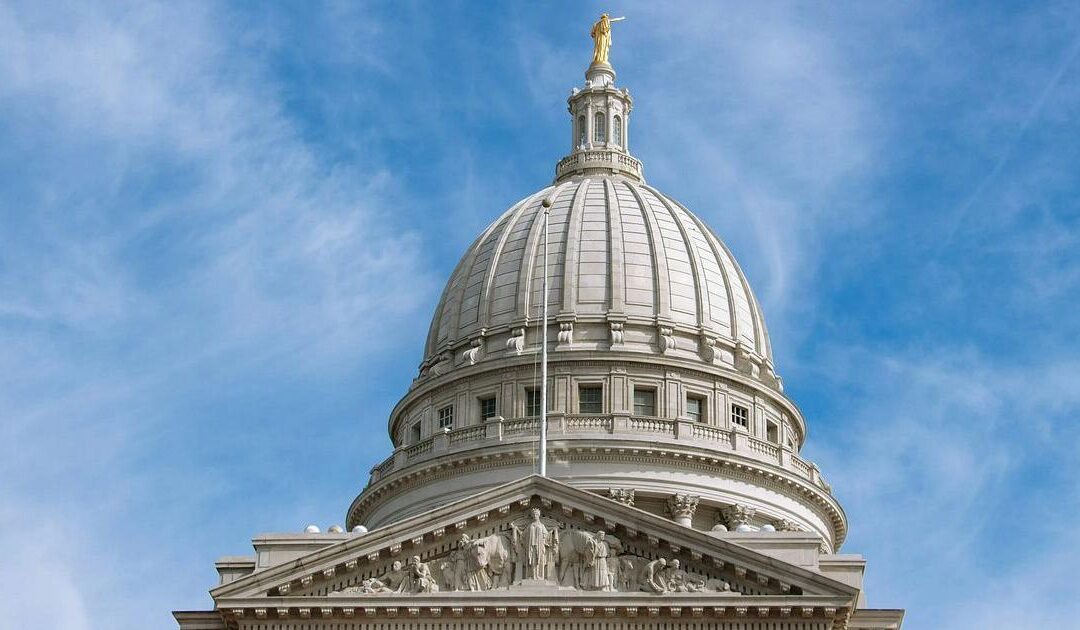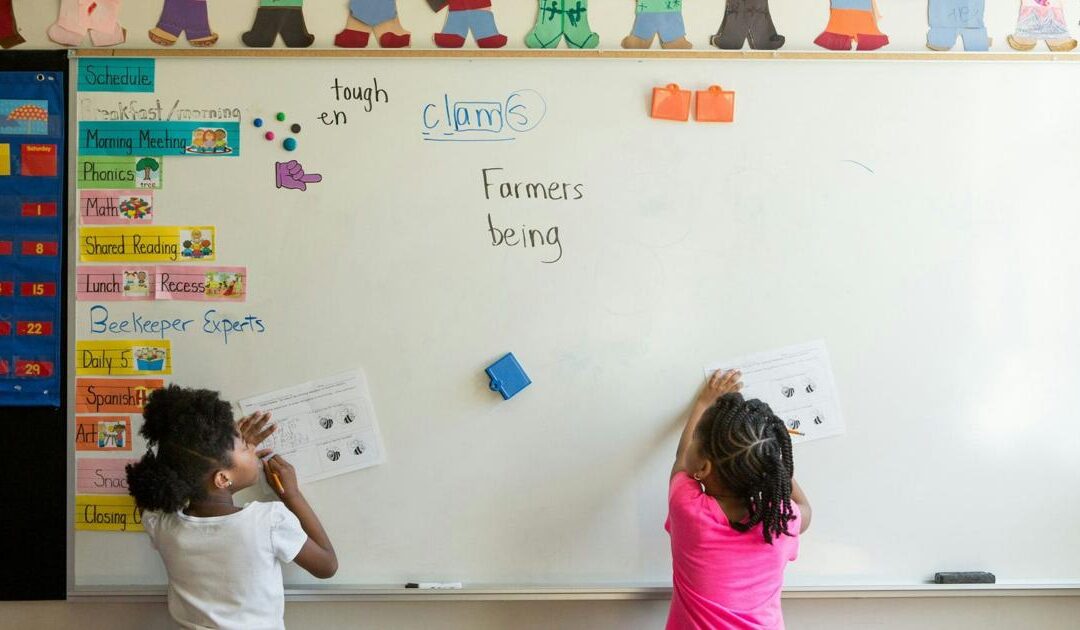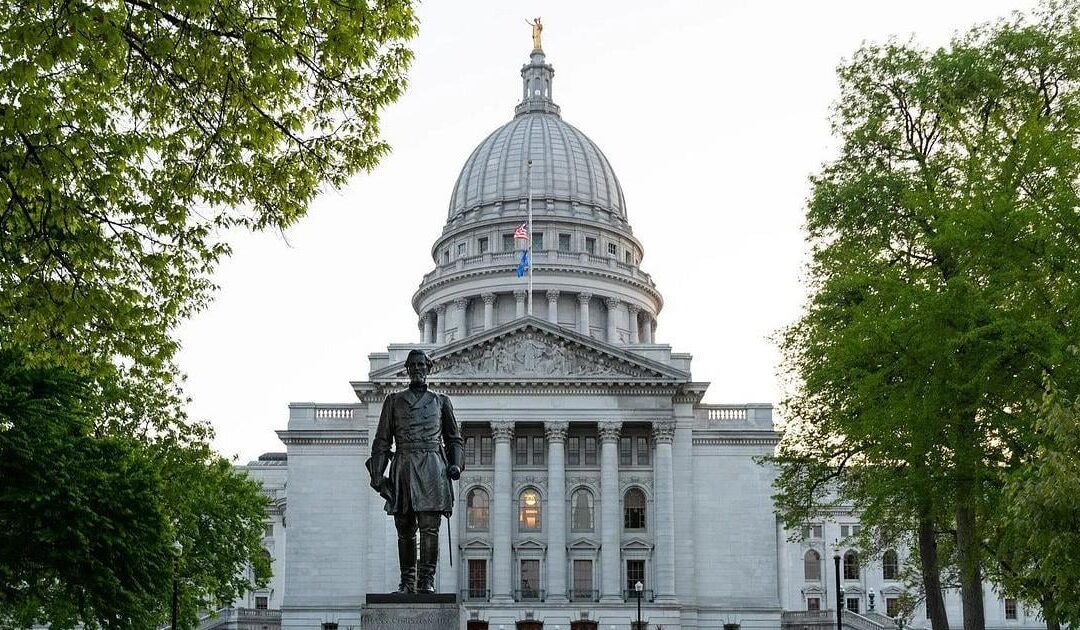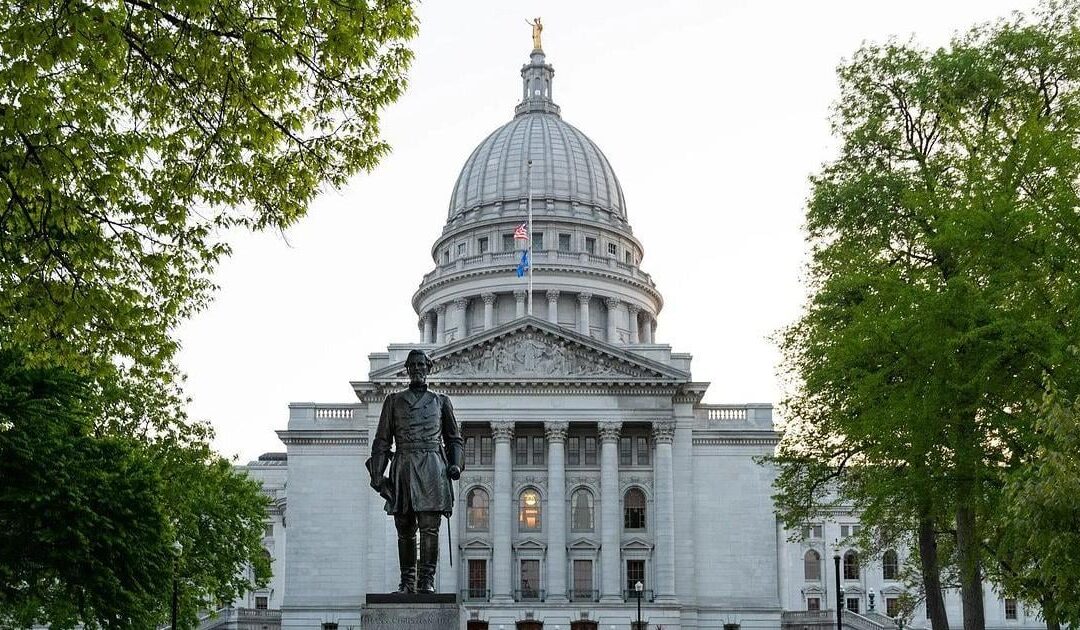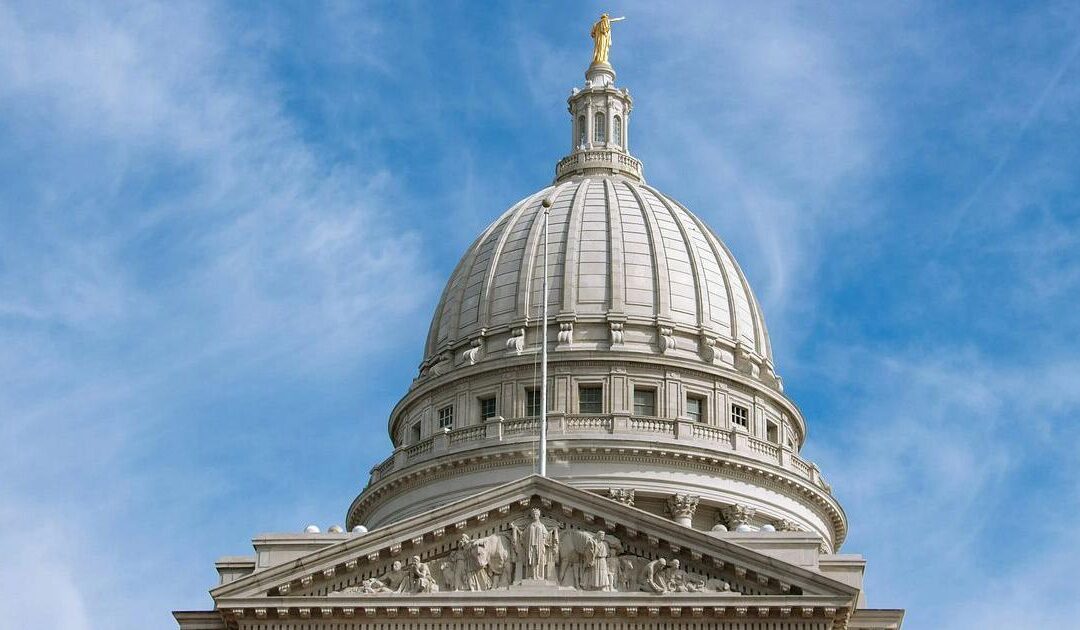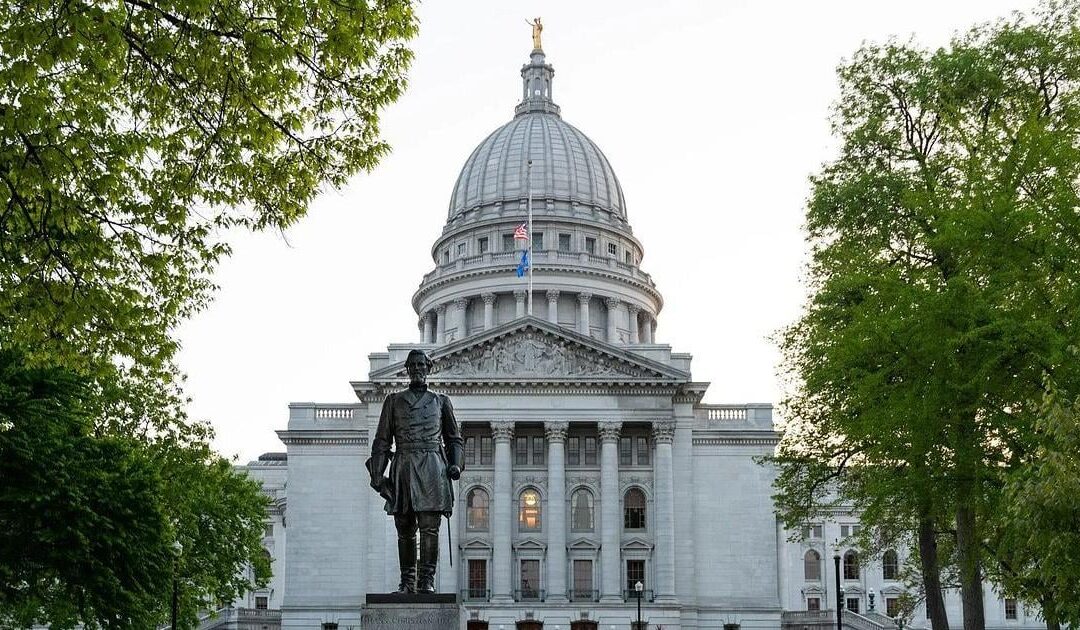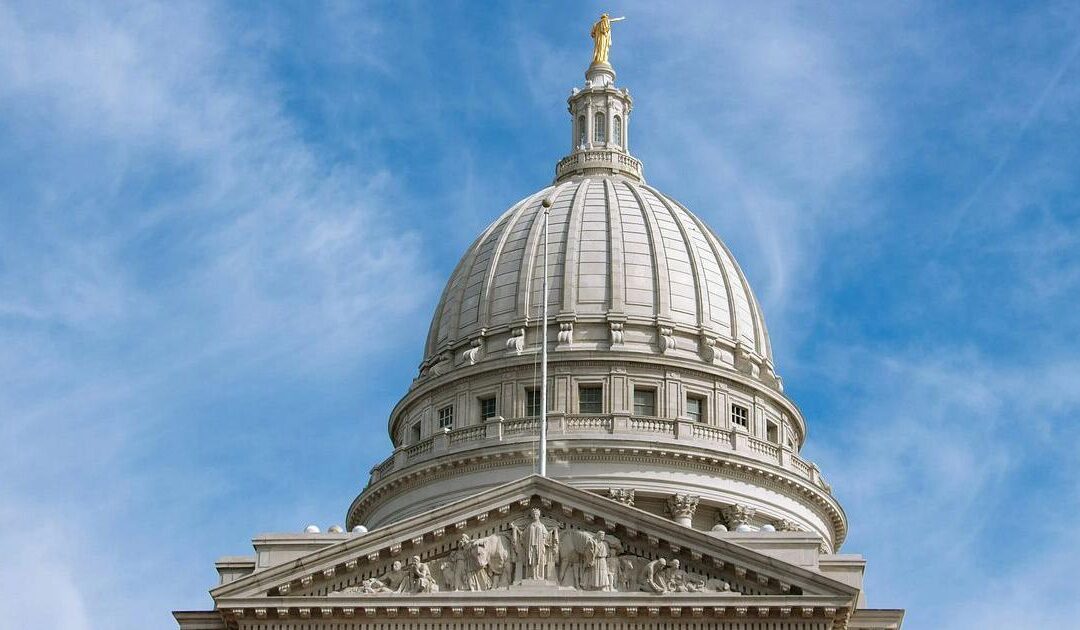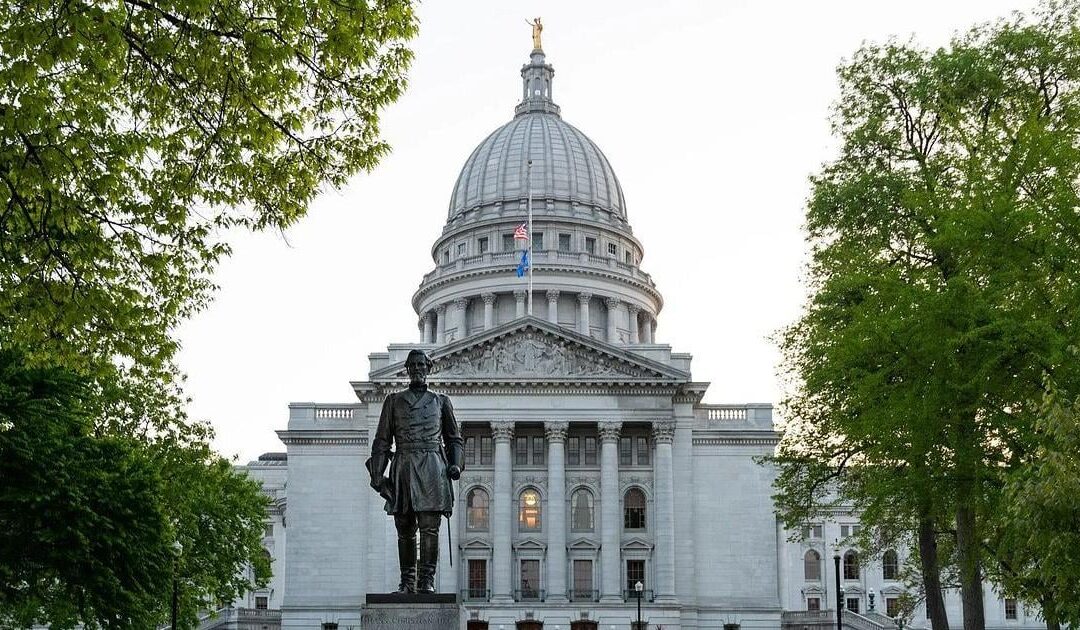(The Center Square) – Wisconsin taxpayers are growing in their concern over property taxes, as witnessed by a recent Marquette poll showing that 60% of voters are more concerned about reducing property taxes than increasing spending on public schools.
That opinion has shifted over time as 61% of voters were more concerned about funding for schools in Aug. 2018 and polling shifted from favoring funding for schools to being more concerned about property taxes in between late 2022 and mid-2023, according to the poll.
The most recent poll asked questions of 818 Wisconsin registered voters between Feb. 11-19.
The shift comes as state lawmakers continue to debate what the best policy is to spend an expected $2.5 billion surplus at the end of the fiscal year.
Legislative Republicans sent a plan to Gov. Tony Evers that includes $1.5 billion in income tax rebates, $500 million in money for the state’s school tax levy credit and $200 million included for special education funding.
Evers said during his State of the State speech that the plan for property tax relief and education spending must balance the two “a heck of a lot better.”
Assembly Speaker Robin Vos acknowledged during a press conference that Evers won’t negotiate on the school funding he approved with a partial veto that Republicans refer to as Evers’ 400-year property tax increase.
Evers used a partial veto and erased numbers and a hyphen to change “2024-25” to “2425” in the budget bill, locking in a $325 per student per year funding increase for 400 years.
That veto was the subject of a Wisconsin Supreme Court ruling approving the move and then legislation and a constitutional amendment proposal to change the governor’s partial veto power since.



